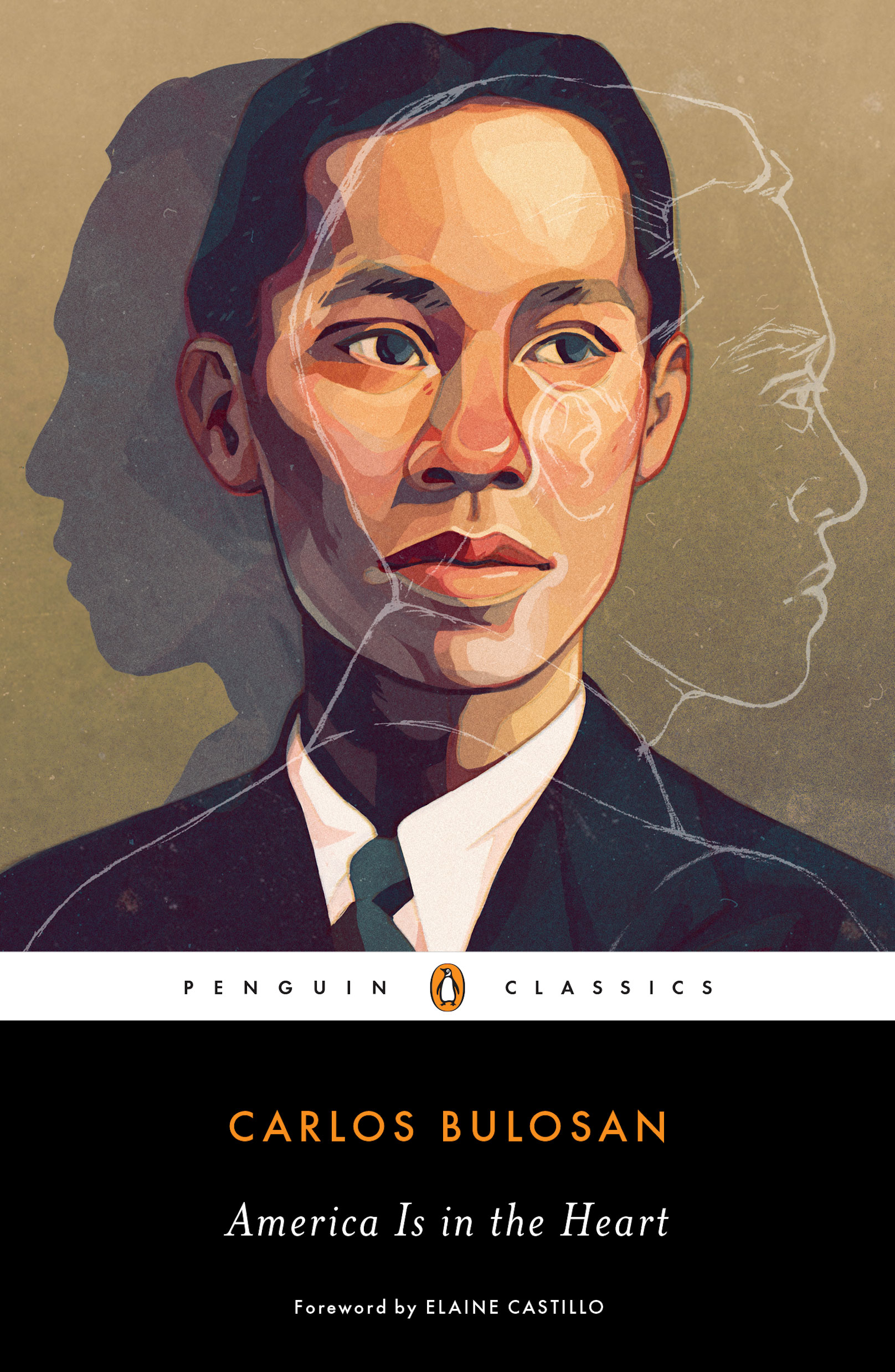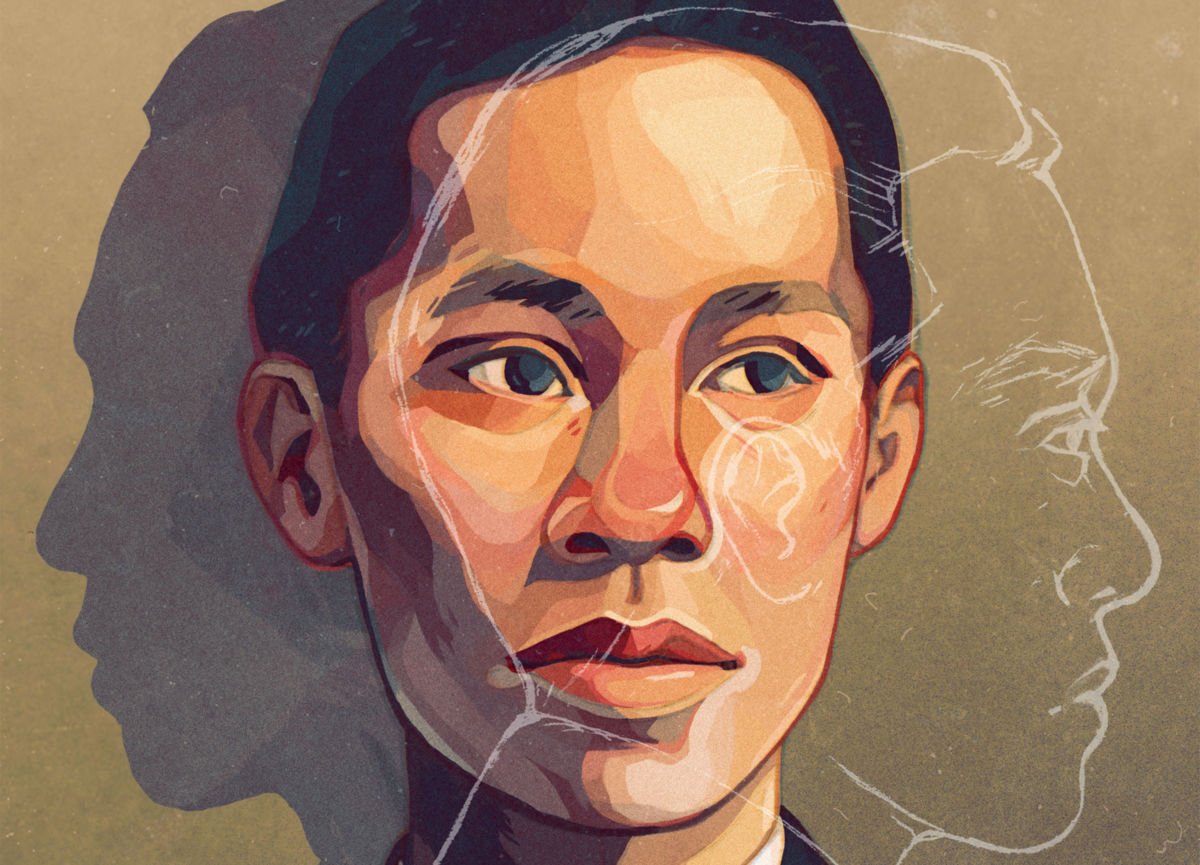As a college professor, I often assign novelist and activist Carlos Bulosan’s writings in my classes. To my dismay, I often find that my students have never heard of Bulosan or his writings, which center the Filipino/a immigrant experience in the United States.
What does it mean when current generations do not have the gift of historical memory? For Filipino/a Americans, who comprise the second-largest Asian American group in the nation, what are the consequences when popular culture or educational curriculums fail to center their alternative visions for, and historical contributions to, social justice in this country? What are our avenues for recourse?
In the semi-autobiographical classic, America Is in the Heart, Bulosan’s central character, Allos, provides a modest suggestion: “And I cried, recalling all the years that had come and gone, but my remembrance gave me a strange courage and the vision of a better life. Yes, I will be a writer and make all of you live again in my words.” Penguin Classics’ recent re-release of America Is in the Heart enables us to “live again” Bulosan’s words, first published in 1946, augmented with a foreword by Filipina American writer Elaine Castillo, a new introduction by Filipino social theorist E. San Juan Jr., and suggestions for further exploration by Filipino American scholar Jeffrey Arellano Cabusao.
The supplementary readings provide an important framing and counter-analysis to the widely held responses of “this is not who we are” or “this is not my America” in our nation’s panic-stricken moment where white supremacist sentiments are brazenly spewed from the highest seats of political power, children are systematically separated from their families along the U.S.-Mexico border, and immigrants of every color are made fearful with the incessant threats of Immigration and Customs Enforcement raids widely cast upon their communities.
If you want to know who we are, America Is in the Heart offers a powerful historical narrative from a unique yet collective Filipino immigrant experience during the early part of the 20th century. Bulosan articulates a Filipino/a “double consciousness” that he would later describe in this way: “Yes, I feel like a criminal running away from a crime I did not commit. And the crime is that I am a Filipino in America.”

To grasp the depth of passion and breadth of pain in Bulosan’s writing, it is important to understand the historical epoch in which he wrote America Is in the Heart. This text was first published nearly 50 years after the commencement of the Philippine-American War, a war of colonial aggression that resulted in a vast wave of Filipino immigrants (mostly men) arriving in the United States in the years to follow.
The influx of this new population at the beginning of the 20th century was directly linked to the policies of racial exclusion that targeted already existing immigrant groups in the country. Specifically, the climate of ethnic exclusion for Chinese, Asian Indians, Japanese and other immigrant groups, along with the threatened exclusion of Mexicans, positioned Filipinos as a necessary source for the labor needs of U.S. capital.
Because Filipinos held a legal status that was neither “citizen” nor “aliens,” due to the Philippines’ position as a U.S. colonial territory, Filipinos migrated in large numbers to work the canneries of the Pacific Northwest and the agricultural fields of California’s Central Valley. This is the geographical setting of America Is in the Heart. The racial violence wielded toward Filipino immigrant workers during the Great Depression serves as the book’s broader milieu.
Race-based violence terrorized Filipino immigrants throughout the West Coast and especially in California’s Central Coast and San Joaquin Valley. For instance, on October 24, 1929, a mob of 300 white men in Exeter, California, stormed a Filipino camp, stoned and clubbed 50 Filipino workers and burned the barn. Reflecting the white supremacist hostility over interracial romances and the limited employment opportunities, white vigilantes would set ablaze Filipino dance halls, community centers, labor unions and resident halls throughout the region.
In January 1930, a Filipino clubhouse in Stockton, California, was bombed while in Watsonville, California, Filipinos were terrorized on the streets, culminating in a mob of approximately 200 to 500 men violently killing a Filipino male and the ultimate destruction of Filipino housing quarters. In August 1930, dynamite was thrown in the camp of sleeping Filipinos near Reedley, California, in an effort to drive out the more than 500 Filipinos who had traveled to the area to work the fields. In 1935, the federal government passed the Filipino Repatriation Act, which ultimately was a deportation act that sought to encourage Filipino immigrants to “go back where they came from” with free passage.
With this historical context in mind, America Is in the Heart is a collective narrative of Filipino immigrants who would turn to militant labor and social movements as necessary vehicles to transform their exploitation and racial oppression. The history that I’ve briefly outlined above not only frames Bulosan’s literary text, it is a part of our nation’s collective inheritance. Indeed, the history is heartless. Yet, while Bulosan’s writing brings to the surface the contradictions of a socioeconomic order and the irrational tendencies that such a society has set in motion, he is radically optimistic that the U.S. can be much more.
In a letter written to a close friend while Bulosan was still completing the book, he would share that his “whole life is poetry.” He concludes the correspondence with these poignant words:
I have always wanted to give people something. A signature, or maybe an old letter or anything at all. If history proves it valueless, at least it’s a sentimental remembrance from a guy who was the cesspool of vice and virtue, tenderness and cruelty, love and hate.
Bulosan would die a decade after his signature text, America Is in the Heart was published. His words are just as relevant today as when they were first written. This new edition is a poignant invitation for us to remember. It is for this same reason that I teach Bulosan with the hope that my students will draw their attention to the echoes of history that rhyme in our contemporary moment.
With the power of memory, we may be compelled to cry or quite possibly to collectively act with a strange courage and vision that another kind of U.S. — one that is more virtuous, tender and loving — is indeed possible. The U.S. needs such assurance now more than ever.
Help us Prepare for Trump’s Day One
Trump is busy getting ready for Day One of his presidency – but so is Truthout.
Trump has made it no secret that he is planning a demolition-style attack on both specific communities and democracy as a whole, beginning on his first day in office. With over 25 executive orders and directives queued up for January 20, he’s promised to “launch the largest deportation program in American history,” roll back anti-discrimination protections for transgender students, and implement a “drill, drill, drill” approach to ramp up oil and gas extraction.
Organizations like Truthout are also being threatened by legislation like HR 9495, the “nonprofit killer bill” that would allow the Treasury Secretary to declare any nonprofit a “terrorist-supporting organization” and strip its tax-exempt status without due process. Progressive media like Truthout that has courageously focused on reporting on Israel’s genocide in Gaza are in the bill’s crosshairs.
As journalists, we have a responsibility to look at hard realities and communicate them to you. We hope that you, like us, can use this information to prepare for what’s to come.
And if you feel uncertain about what to do in the face of a second Trump administration, we invite you to be an indispensable part of Truthout’s preparations.
In addition to covering the widespread onslaught of draconian policy, we’re shoring up our resources for what might come next for progressive media: bad-faith lawsuits from far-right ghouls, legislation that seeks to strip us of our ability to receive tax-deductible donations, and further throttling of our reach on social media platforms owned by Trump’s sycophants.
We’re preparing right now for Trump’s Day One: building a brave coalition of movement media; reaching out to the activists, academics, and thinkers we trust to shine a light on the inner workings of authoritarianism; and planning to use journalism as a tool to equip movements to protect the people, lands, and principles most vulnerable to Trump’s destruction.
We’re asking all of our readers to start a monthly donation or make a one-time donation – as a commitment to stand with us on day one of Trump’s presidency, and every day after that, as we produce journalism that combats authoritarianism, censorship, injustice, and misinformation. You’re an essential part of our future – please join the movement by making a tax-deductible donation today.
If you have the means to make a substantial gift, please dig deep during this critical time!
With gratitude and resolve,
Maya, Negin, Saima, and Ziggy
